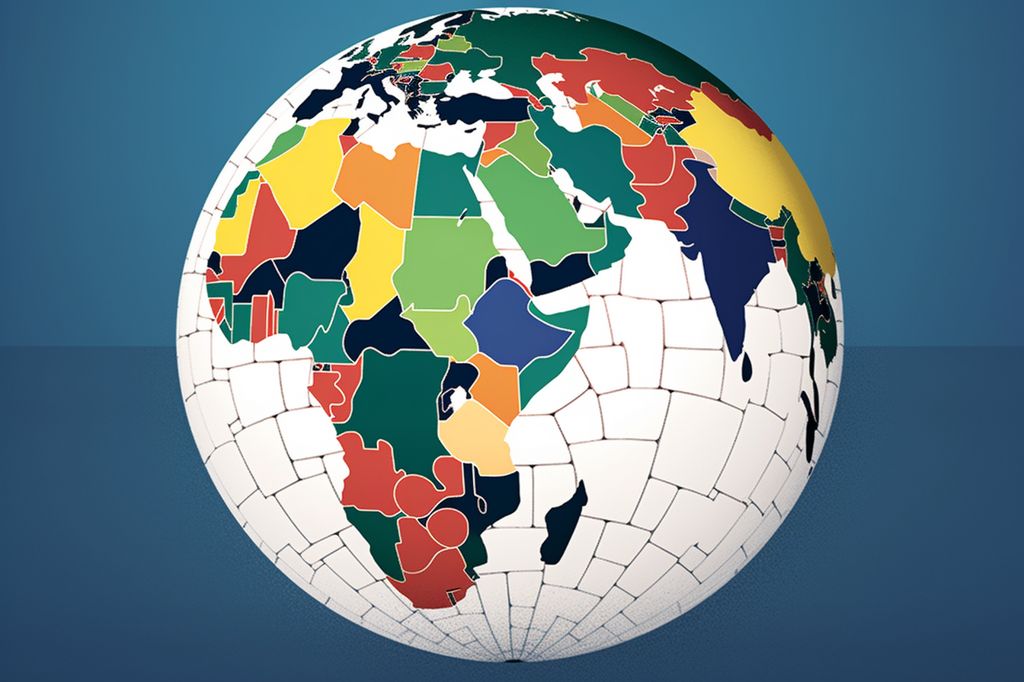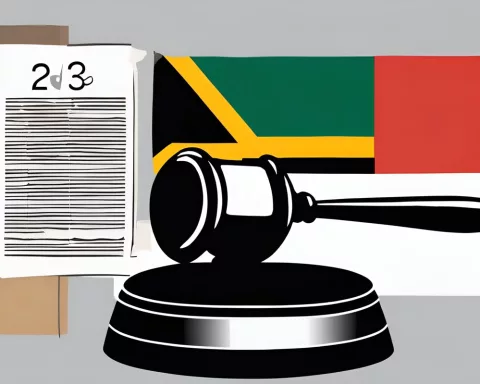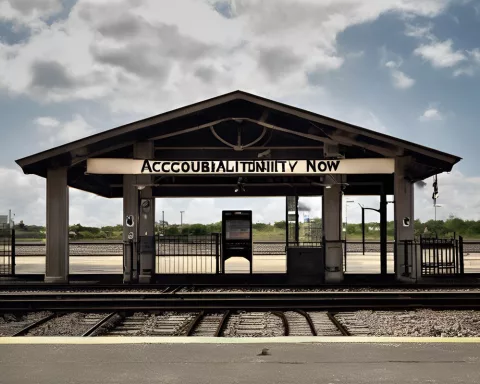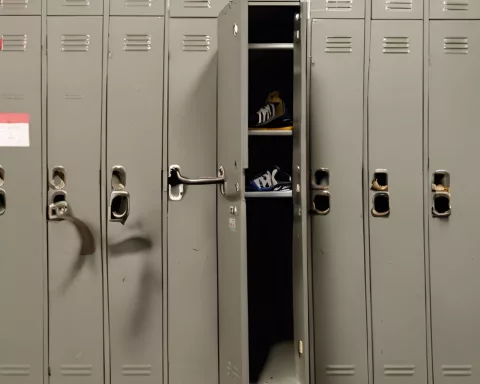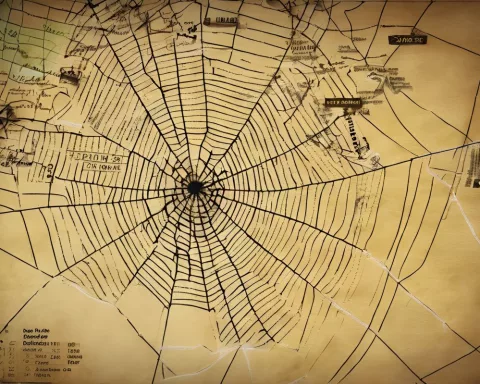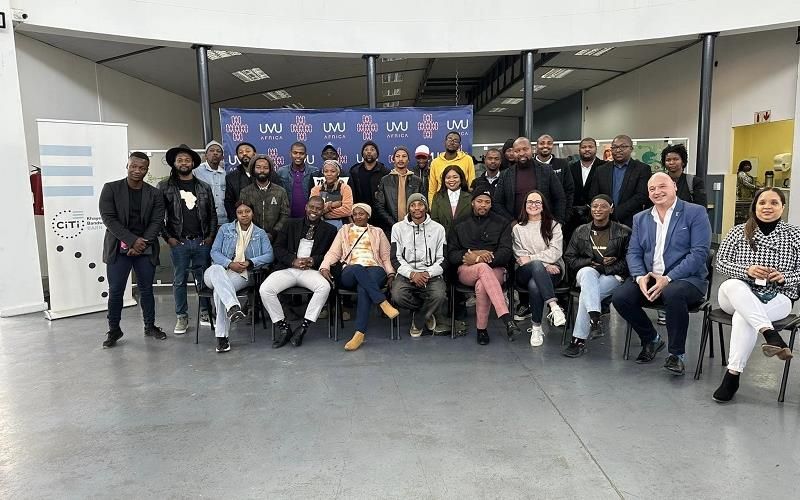On June 19th, 2023, Minister of Justice and Correctional Services Ronald Lamola and Catherine Colonna, Minister for Europe and Foreign Affairs of the French Republic, signed a cooperation protocol agreement aimed at improving the cyber forensic capabilities of South Africa’s Special Investigating Unit (SIU) and strengthening the relationship between South Africa and France.
Building an Anti-Corruption Academy in Pretoria
The collaboration between South Africa and France will address issues related to cyber-forensic, financial crimes, and analytical skills, contributing to the development of an anti-corruption academy in Pretoria. The academy aims to enhance investigative capabilities and prevention measures, serving members of the SIU, other law enforcement agencies within SADC Member States, and Commonwealth and Non-Commonwealth countries.
Promoting Anti-Corruption and Public Education
The initiative seeks to create a better understanding of the adverse effects of corruption on society and foster a culture of transparency and integrity within law enforcement and governmental institutions. The academy will facilitate the development of specialized skills, such as data analysis and financial crime investigation, which will be critical in uncovering and preventing corruption.
International Cooperation in the Fight against Corruption
The partnership between South Africa and France demonstrates the value of collaboration in tackling complex global issues. The exchange of knowledge, expertise, and resources will lead to better-trained officials and more effective anti-corruption strategies. The anti-corruption academy in Pretoria will provide training and support to law enforcement officials from a range of countries, highlighting the importance of learning from one another and sharing best practices.
A Significant Step towards a More Transparent, Accountable, and Corruption-Free Future
The signing of the cooperation protocol agreement marks a milestone in the ongoing battle against corruption. Through this collaboration, South Africa and France aim to make a substantial impact in the global fight against corruption, setting an example for other countries to follow. The partnership is an essential step towards combating corruption on a global scale, enhancing investigative capabilities, promoting public education, and fostering international cooperation.

